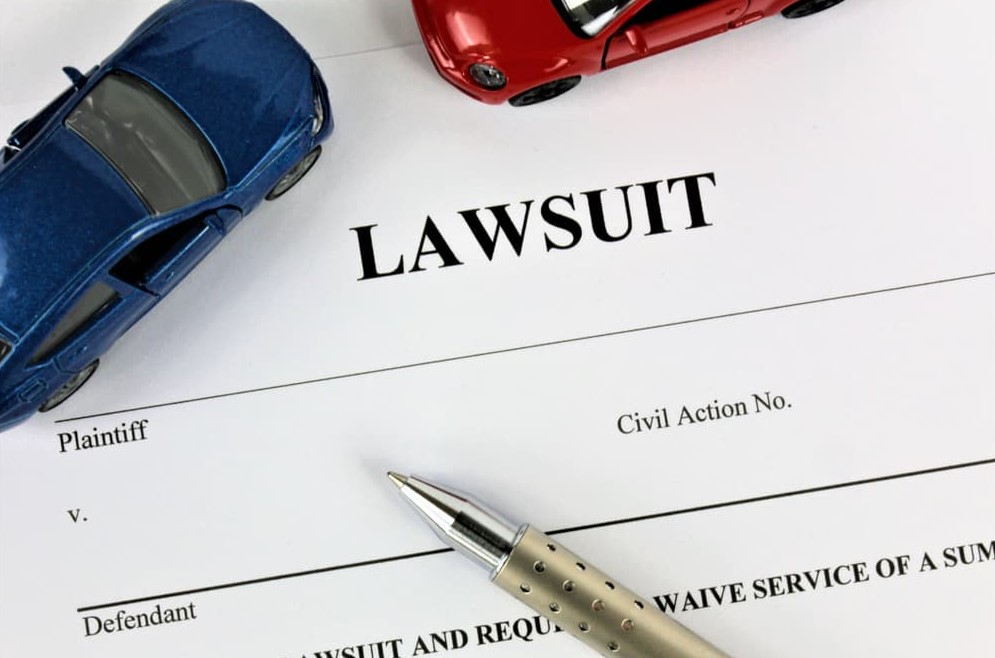If you’ve been injured in a car accident, the prospect of filing a car accident lawsuit can feel overwhelming. One of the most common questions injured parties have is: How long will this process take?
Understanding the typical timeline of a car accident lawsuit can help you prepare mentally and financially as you pursue the compensation you deserve.
Factors Influencing the Duration of a Car Accident Lawsuit
There is no one-size-fits-all answer to how long a car accident lawsuit takes. The duration depends on many factors, including the complexity of the case, the severity of injuries, and how cooperative the parties involved are. Here are some key elements that influence the timeline:
1. Severity of Injuries and Medical Treatment
Before your case can progress, your medical treatment often needs to reach a point where your injuries are stable or have improved as much as possible. Insurance companies and courts generally want to see a clear picture of your medical condition before negotiations or trials. If your injuries require lengthy treatment or rehabilitation, this can extend the lawsuit process.
2. Investigation and Evidence Gathering
Building a strong case requires gathering evidence such as police reports, witness statements, medical records, and expert opinions. Depending on the complexity and the availability of evidence, this phase can take weeks or even months. Thorough investigations help your lawyer understand liability and damages clearly.

3. Negotiation and Settlement Attempts
Most car accident lawsuits settle before reaching trial. Your attorney will negotiate with insurance companies to reach a fair settlement. Settlement discussions can be quick or prolonged depending on how willing the insurance company is to offer reasonable compensation. Sometimes, multiple rounds of negotiation are necessary.
4. Filing a Lawsuit and Court Schedules
If negotiations fail, your attorney will file a formal lawsuit. After that, the case enters the court system, where timelines depend on court availability and procedures. Pre-trial activities such as discovery (exchange of evidence between parties), depositions, and motions can take several months.
5. Trial Length and Verdict
If your case goes to trial, the duration can vary based on court schedules, case complexity, and the number of witnesses. Trials can last from a few days to several weeks. After the trial, the judge or jury will issue a verdict, and any appeals can further extend the timeline.
Typical Timeline Estimates
- Minor cases or quick settlements: 3 to 6 months
- Moderate complexity with negotiations: 6 months to 1 year
- Cases that go to trial: 1 to 3 years or longer
What You Can Do to Help Speed Up the Process
While much of the timeline depends on external factors, you can help your case progress more smoothly by:
- Following your medical treatment plan diligently
- Providing all necessary documents and information promptly to your lawyer
- Responding quickly to requests from your attorney or insurance company
- Avoiding social media posts that might harm your case

Why Patience Is Important
Car accident lawsuits often take longer than clients expect, but this is because the legal system aims to ensure fair and thorough consideration of your case. Rushing can result in accepting an unfair settlement or missing important legal steps.
Conclusion
Understanding the timeline of a car accident lawsuit can reduce anxiety and help you make informed decisions throughout the process. While it can be a lengthy journey, having realistic expectations and working closely with an experienced legal team can improve your chances of a favorable outcome.
If you’re considering a car accident lawsuit, it’s important to consult with an attorney who can guide you through the process and help you understand what to expect in your unique situation.







